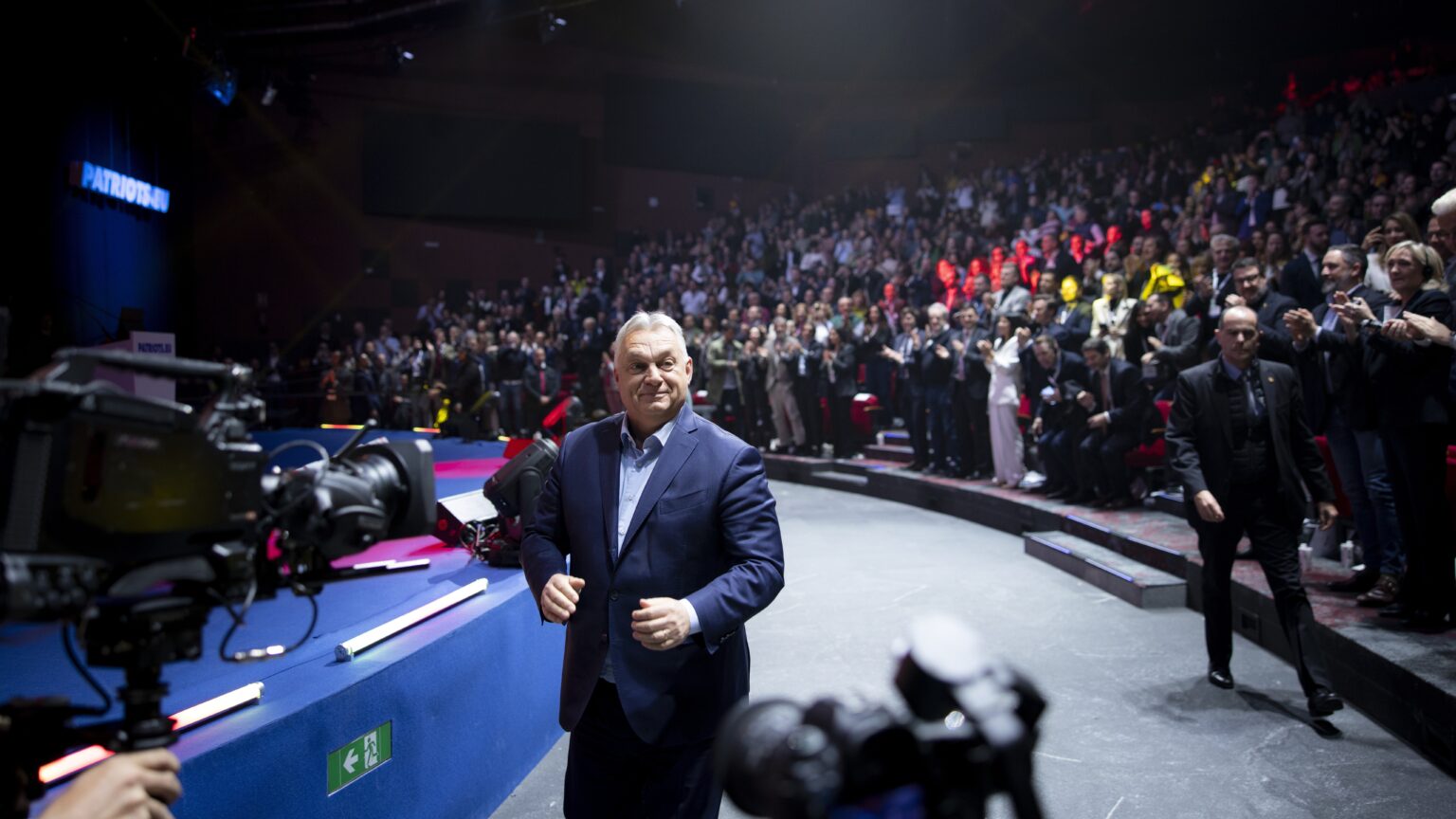
X user Inevitable West has posted about Prime Minister Viktor Orbán of Hungary’s new income tax exemption for mothers, also writing: ‘every European nation must do this.’ The post has received over 110,000 likes within 24 hours.

Donald Trump and Vladimir Putin are set to hold talks on Tuesday over a potential ceasefire deal between Ukraine and Russia, which Kyiv has already accepted, while Moscow remains cautious. As peace talks progress, the positions of the involved parties are shifting rapidly: Ukraine no longer views the lifting of Western sanctions on Russia as a red line, and some European leaders are now openly discussing the normalization of relations with Moscow.

Hungary has introduced a retail profit margin cap limiting markups to a maximum of 10 per cent for around 1,000 essential food products across 30 categories. The regulation, effective from Monday, aims to curb rising food prices and protect household budgets.
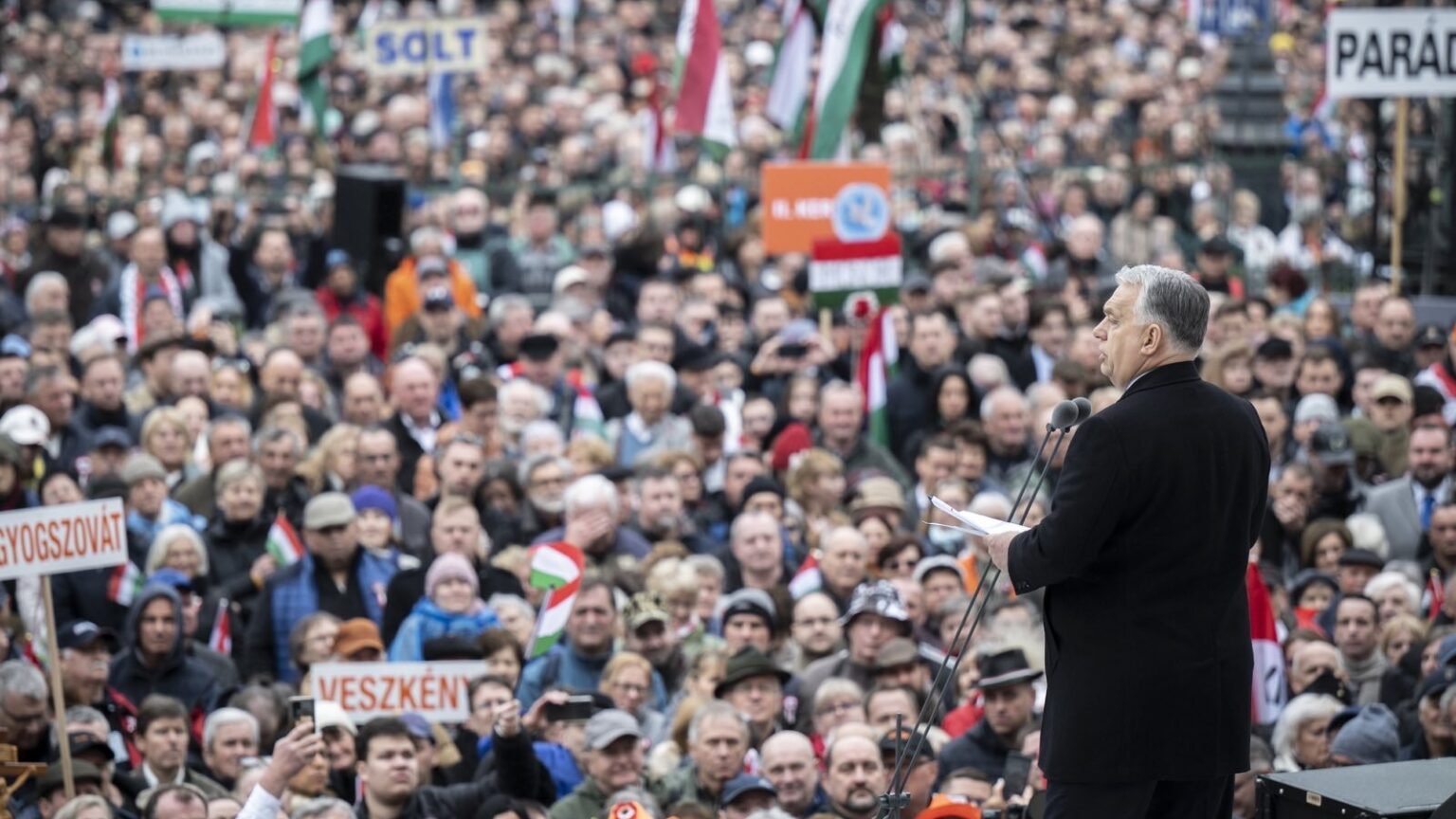
Prime Minister Viktor Orbán emphasized the timeless nature of Hungarian freedom in his speech marking the anniversary of the Hungarian Revolution and War of Independence of 1848–1849, while also delivering sharp criticism of the European Union and its imperial ambitions. He outlined 12 demands for Brussels, including a call for a ‘Union without Ukraine’.
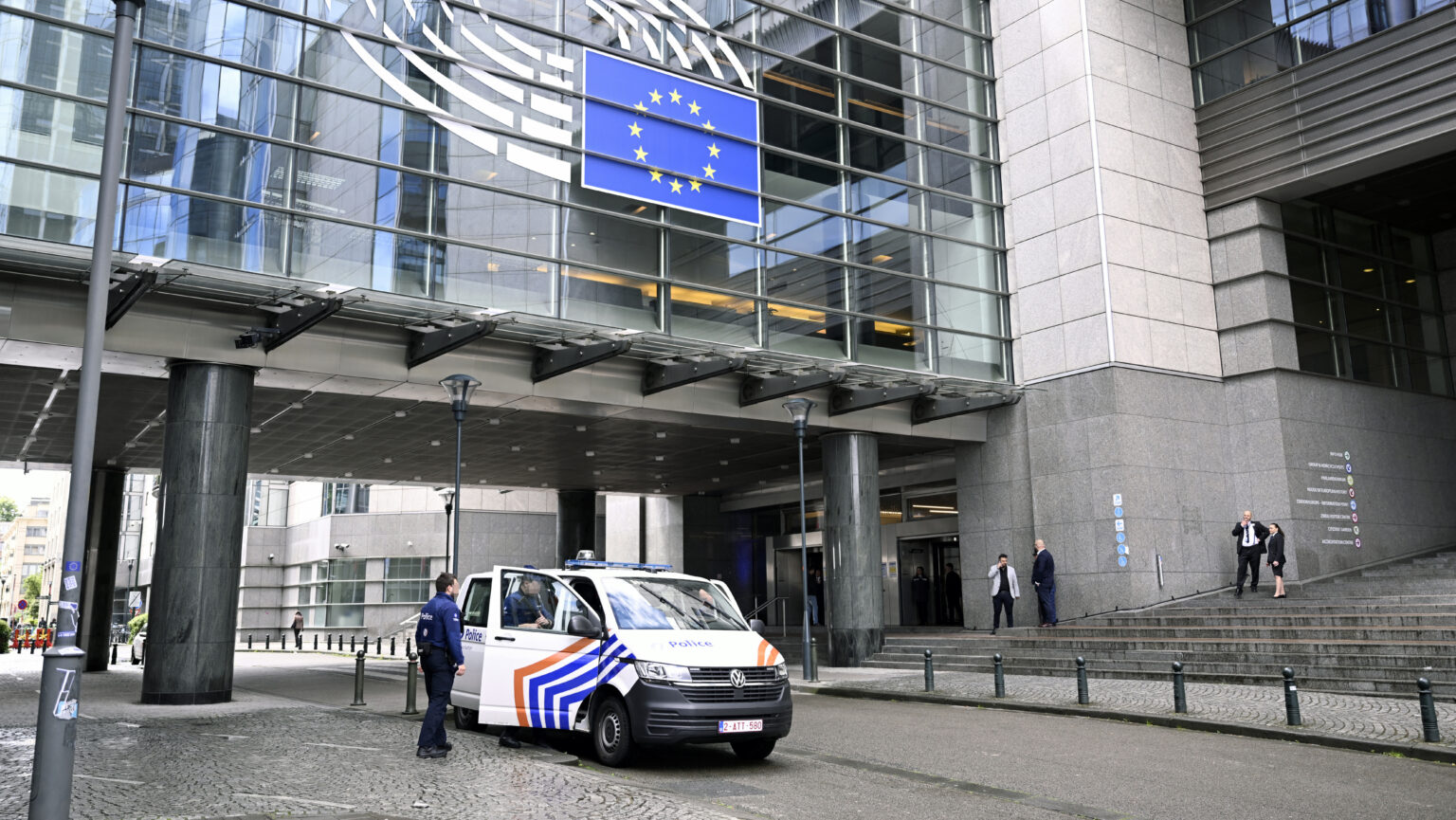
Corruption appears to be among the ‘common European values’ often touted by mainstream parties in the European Parliament as yet another probe shakes the EU’s legislative institution. Initial reports suggest that around 15 former and current MEPs may be involved in a bribery case linked to Chinese telecom giant Huawei.
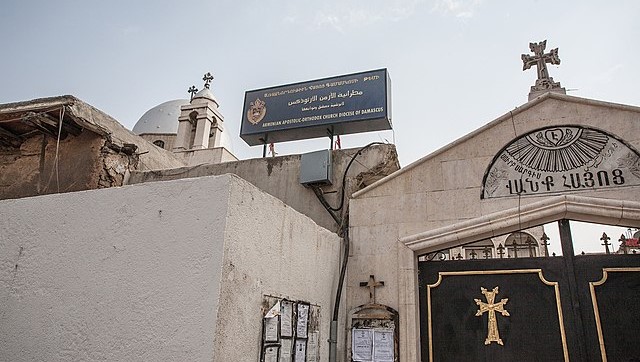
Although the regime change in Syria raised hopes for the restoration of stability, the protection of religious minorities has still not been realized. The mass killings committed in recent times indicate that minority communities remain in grave danger, which calls for decisive action from the international community.
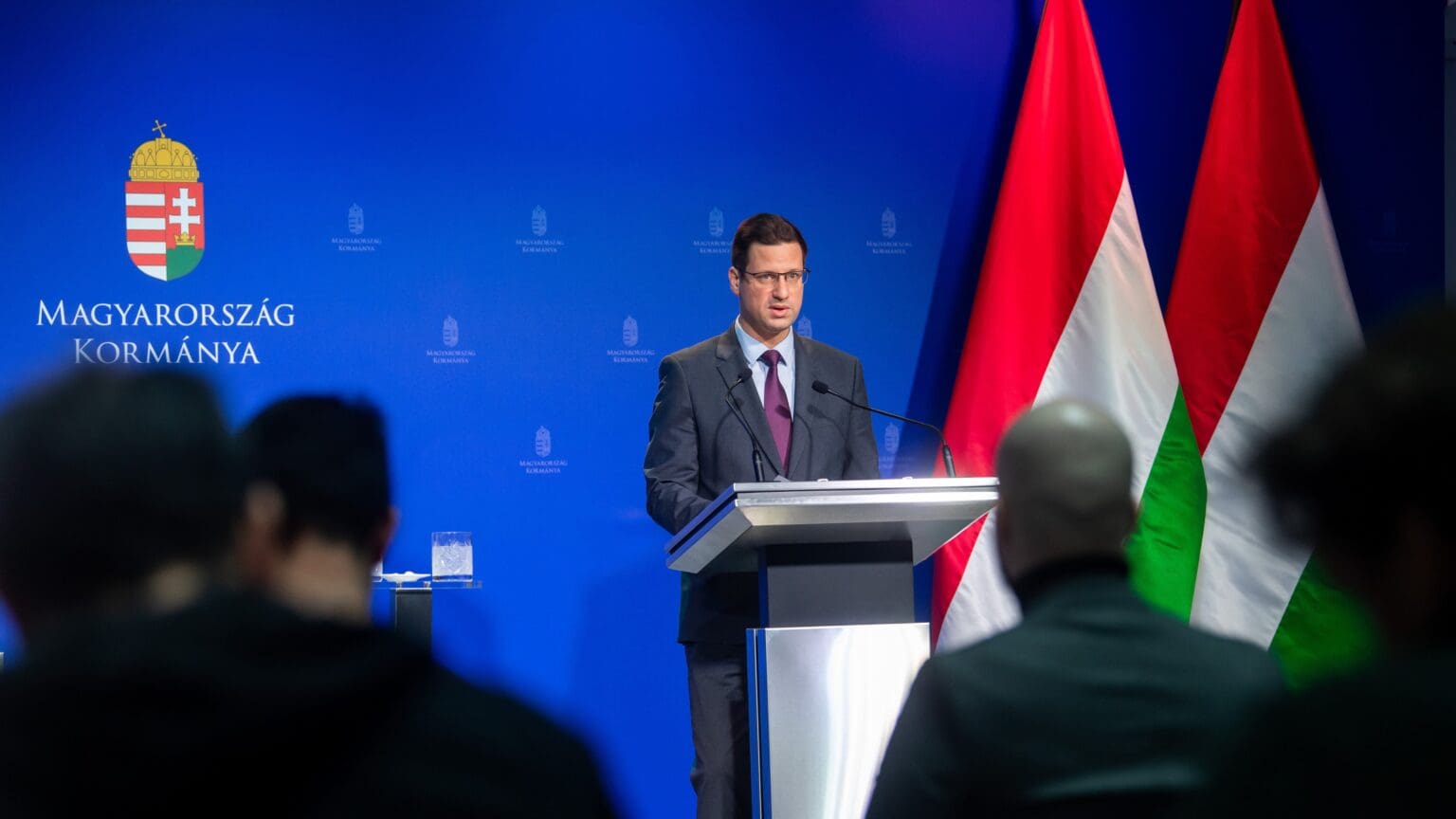
At a press briefing, Minister of the Prime Minister’s Office Gergely Gulyás of Hungary announced that the newly enacted price margin regulation by the Hungarian government, per which profit margins on each product sold by retailers are legally capped at 10 per cent, will come into effect on Monday, 17 March.
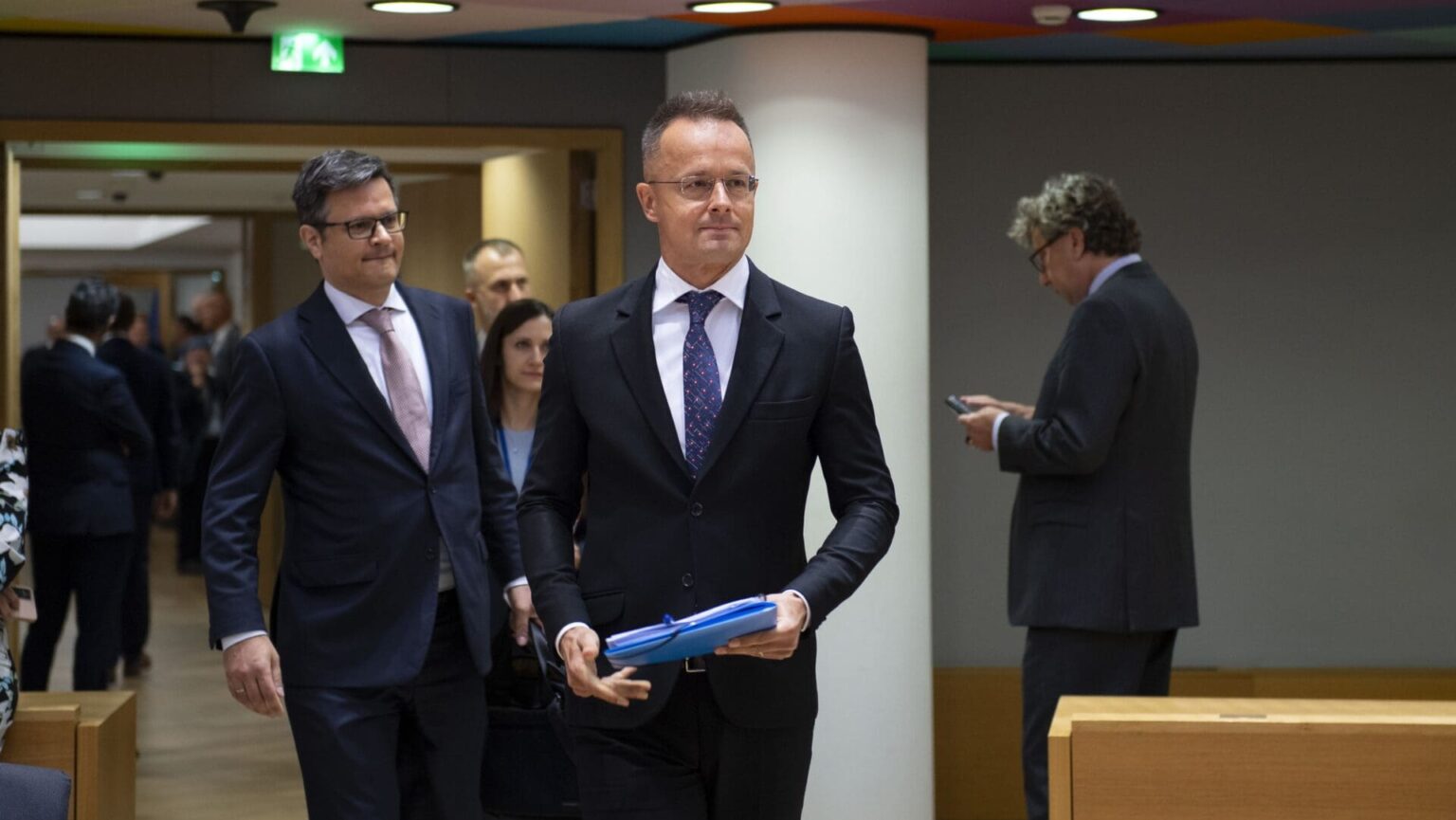
Hungary has lifted its veto on renewing sanctions against Russian individuals after striking a last-minute deal to remove four people from the list. The decision comes as the US intensifies pressure on Russia to accept an immediate 30-day ceasefire deal, which Ukraine has already agreed to.
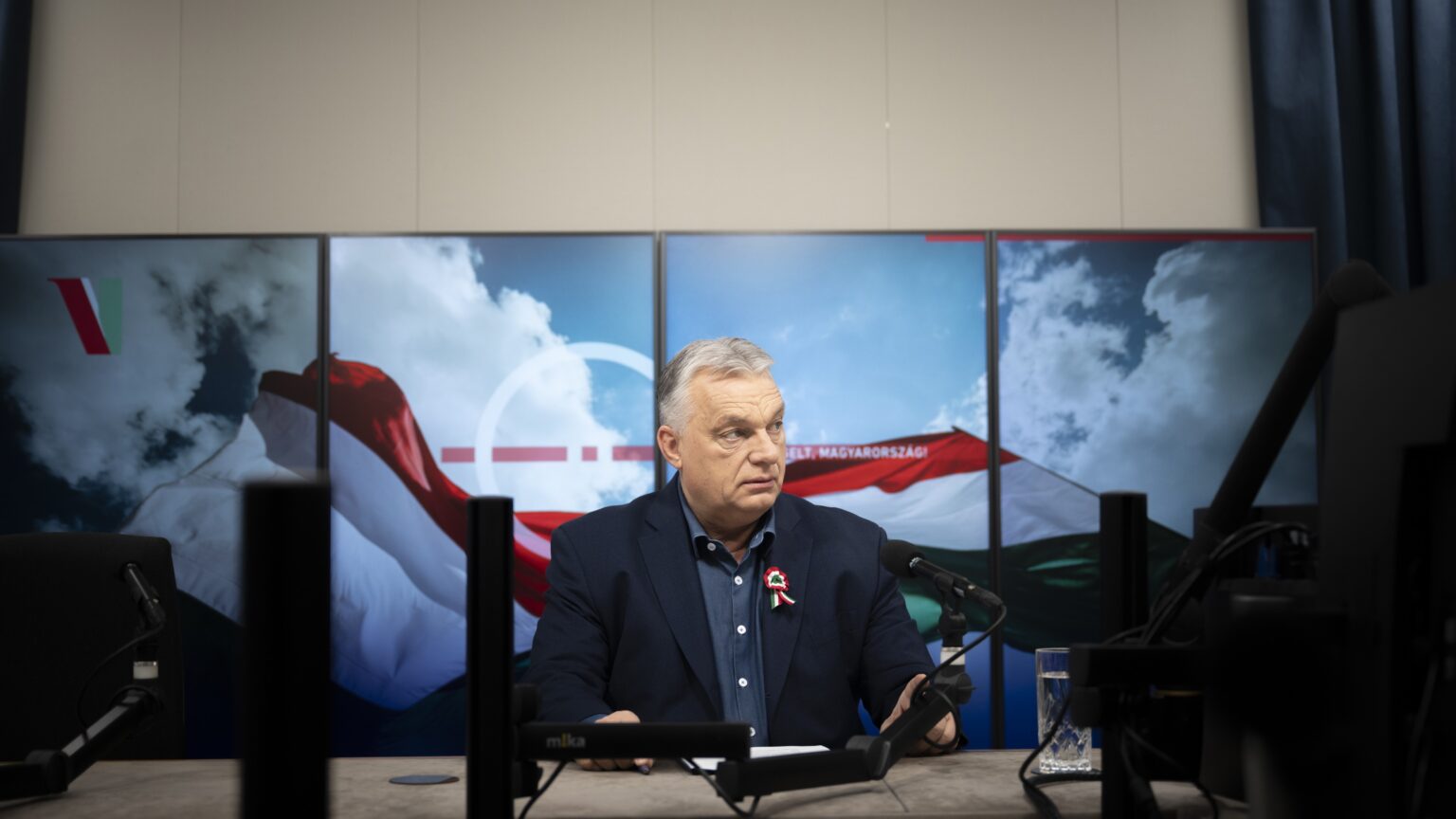
In a recent interview on public Kossuth Radio, Hungarian Prime Minister Viktor Orbán discused key economic and geopolitical concerns, including inflation, EU policies, and Hungary’s stance on the war in Ukraine.
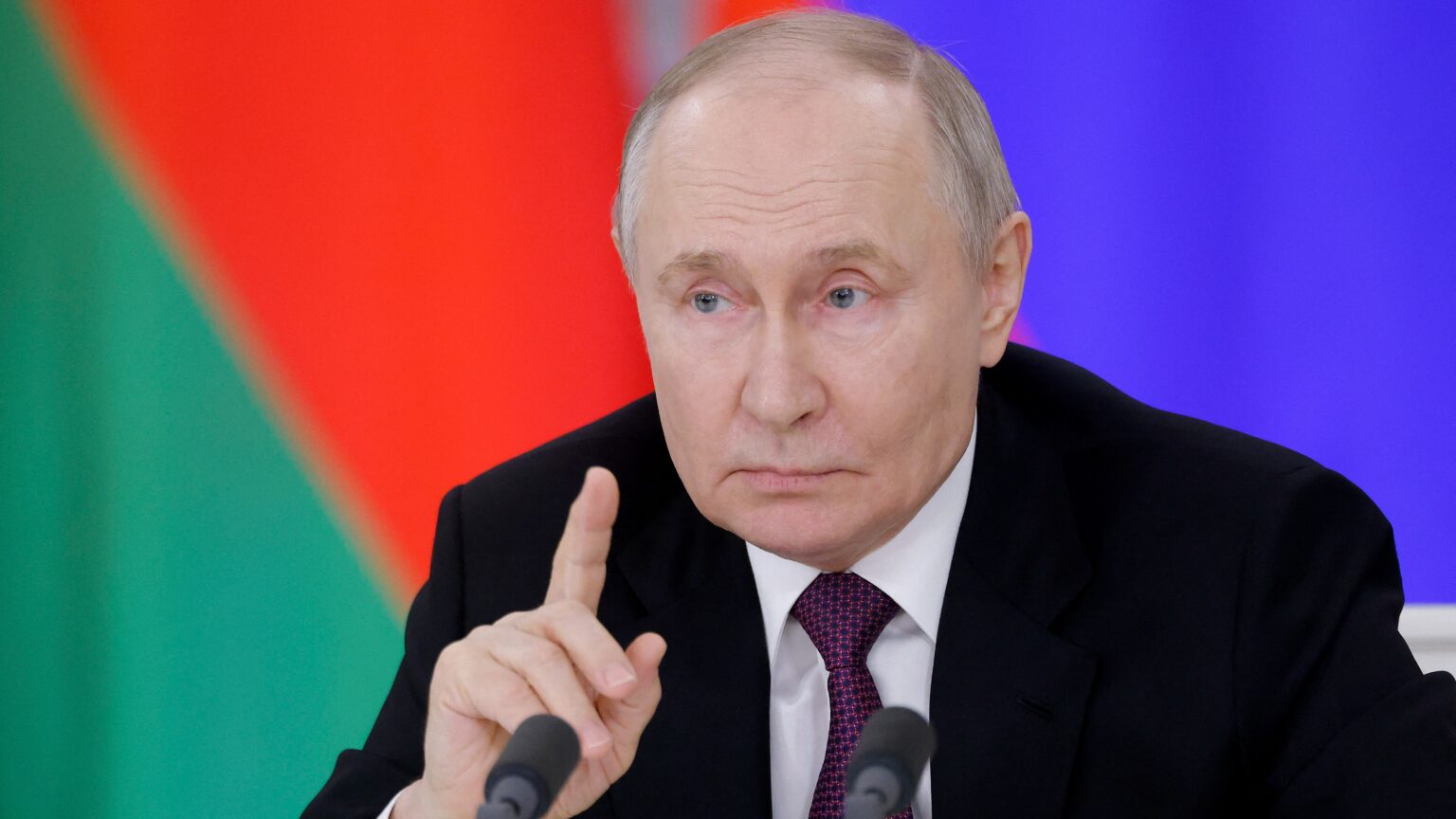
Russian President Vladimir Putin has expressed conditional support for ceasefire discussions concerning the Ukraine conflict, emphasizing the need to resolve key questions with the United States while highlighting concerns about NATO’s role and the security of Russia’s borders.
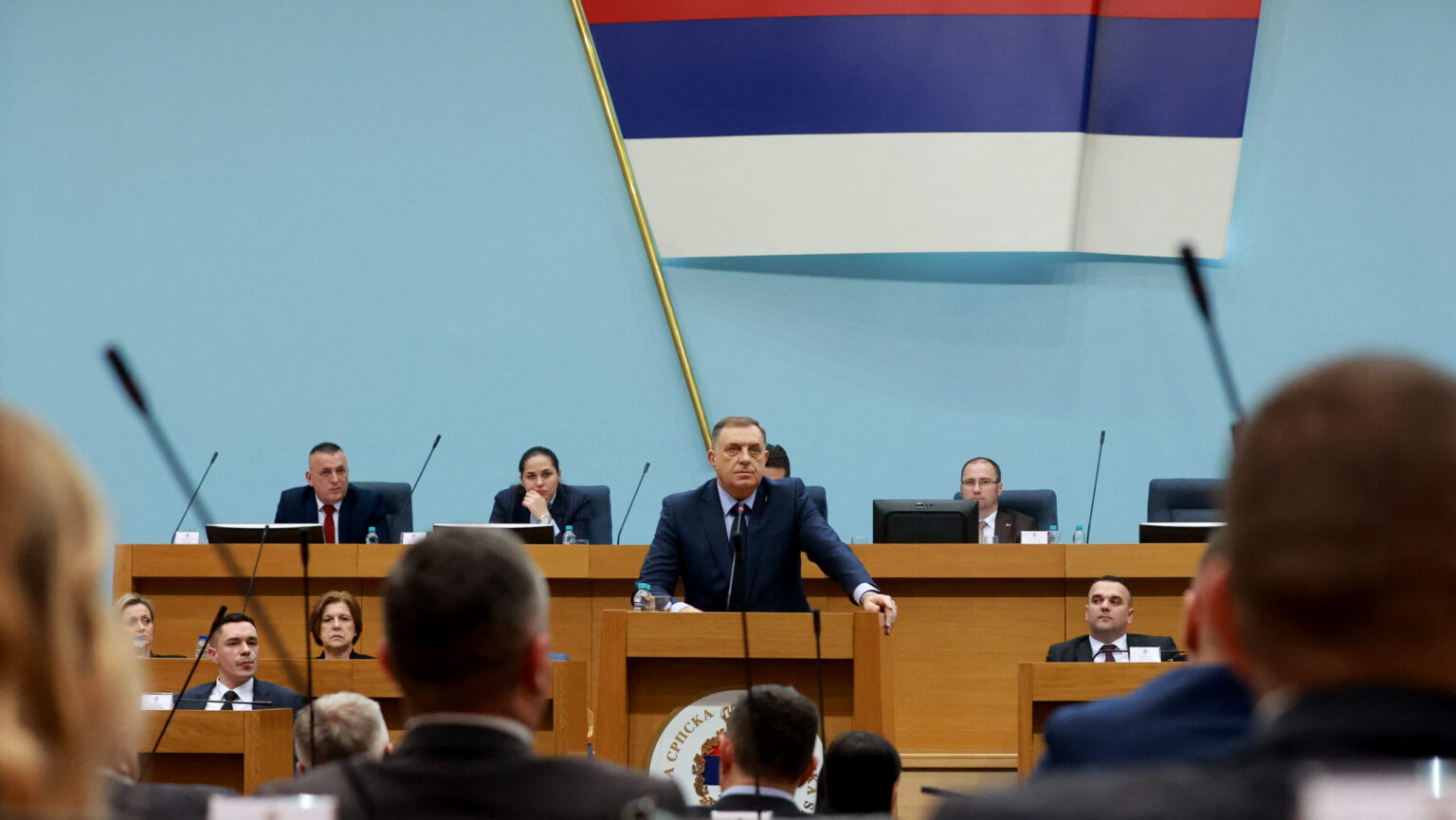
Speaking before the parliament of Republika Sprksa, President Milorad Dodik announced a new constitution aimed at increasing the entity’s independence from Bosnia and Herzegovina’s federal institutions and the high representative. In his speech, Dodik also declared a ‘war for the future’ of Republika Srpska.

After a year of delay due to many controversies, Disney’s live-action film adaptation of Snow White is only days away from its theatrical release. However, yet another controversy, alleged tensions between the film’s two stars, progressive Rachel Zegler and Israeli Gal Gadot, over the Palestine–Israel conflict prompted the studio to cancel a major premiere event in London.
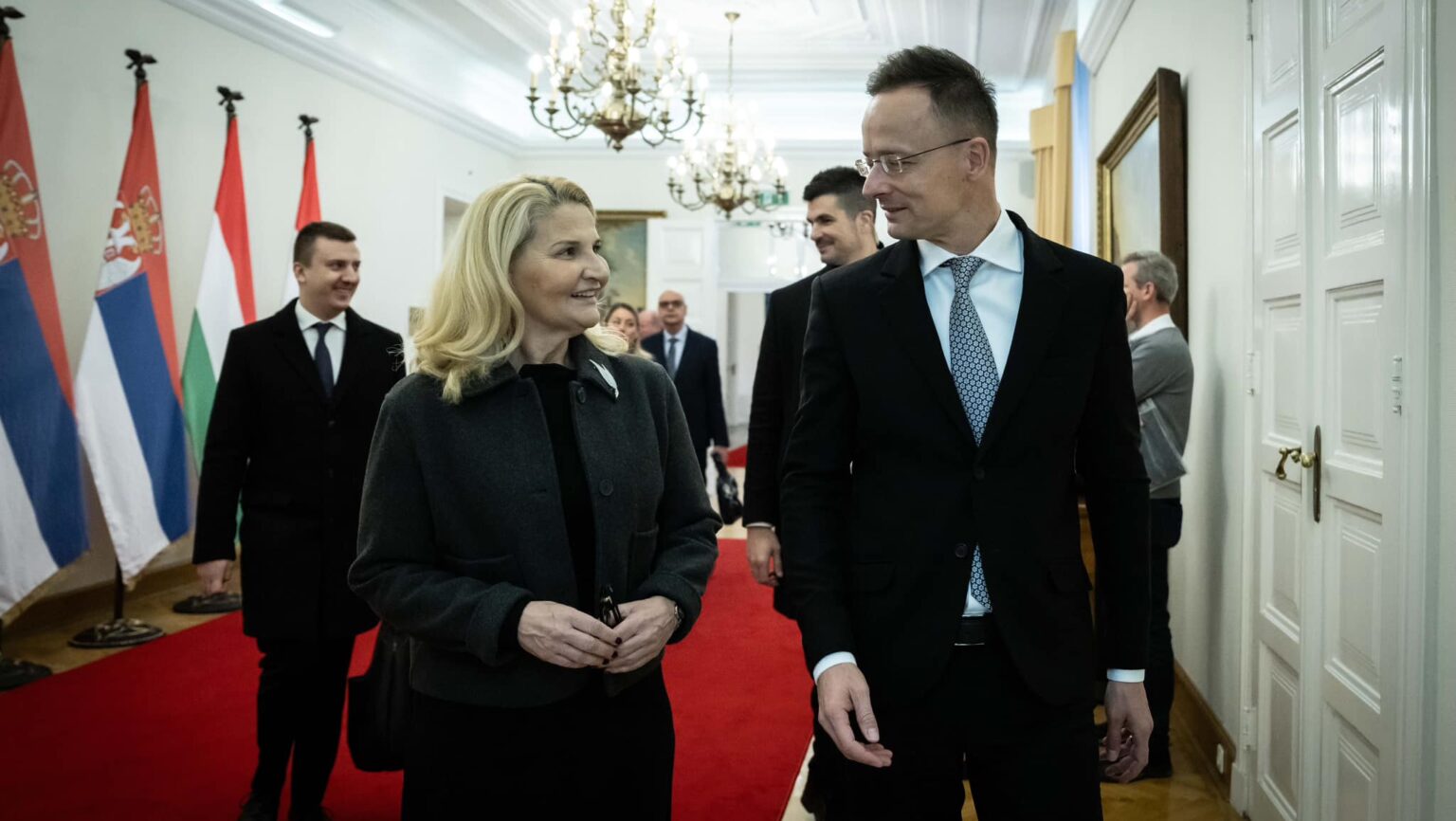
Hungarian Minister of Foreign Affairs and Trade Péter Szijjártó described the ongoing protests in Serbia as an attempted ‘colour revolution’ aimed at destabilizing the region. He further stated that foreign-backed colour revolutions in recent years have all ended in tragedy, expressing gratitude to US President Donald Trump for ending Washington’s policy of meddling in other nations’ domestic affairs.
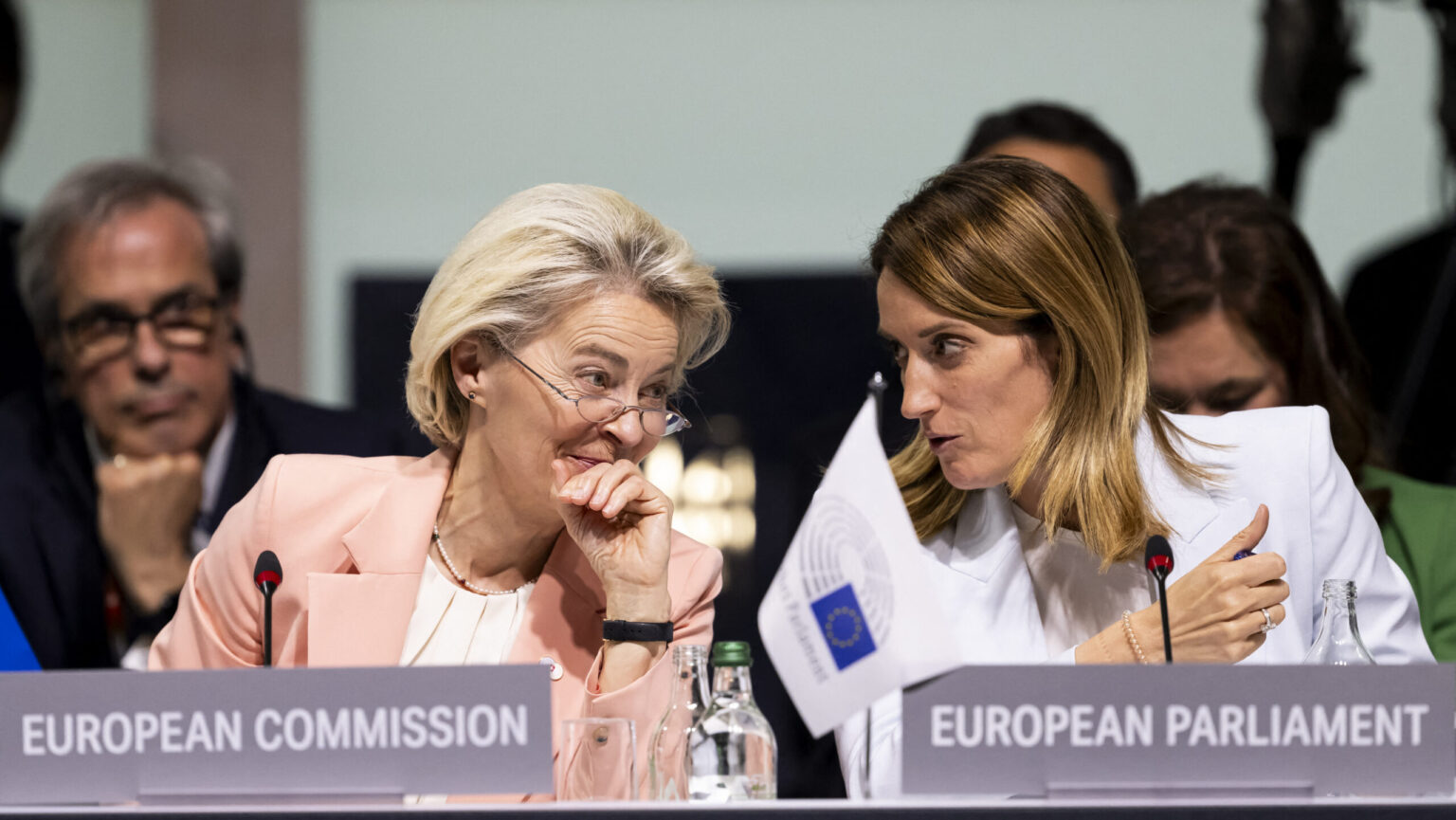
Hungarian Minister of Foreign Affairs and Trade Péter Szijjártó pointed out that the sudden shift of EU leaders on a potential ceasefire in Ukraine is ‘politically ridiculous’ and highlights their lack of credibility. However, it also raises the question of responsibility for Brussels’ failed strategy over the past three years.

Ukrainian Ambassador to Hungary Fegyir Sándor has asked the Director General of the Hungarian State Opera House Szilverszter Ókovács to cancel a show by Russian Austrian opera singer Anna Netrebko for her support for President Vladimir Putin of Russia. Ókovács replied with an open letter, explaining why he did not comply with the request.
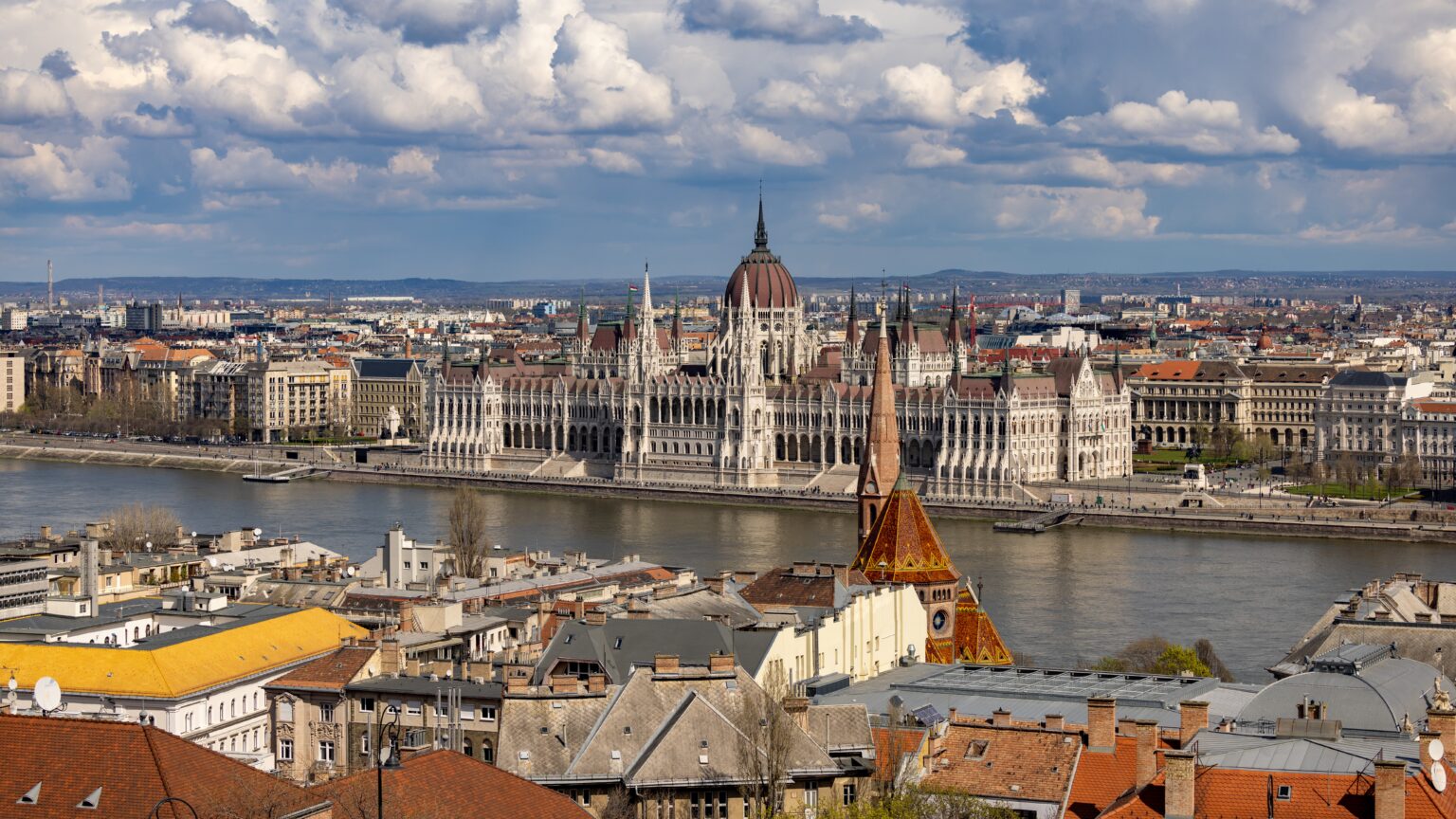
Hungary’s recent constitutional amendment seeks to reinforce national sovereignty and resist ideological and political pressures. The changes address gender ideology, children’s rights, and drug policies, aiming to protect societal norms and national values against external influence.
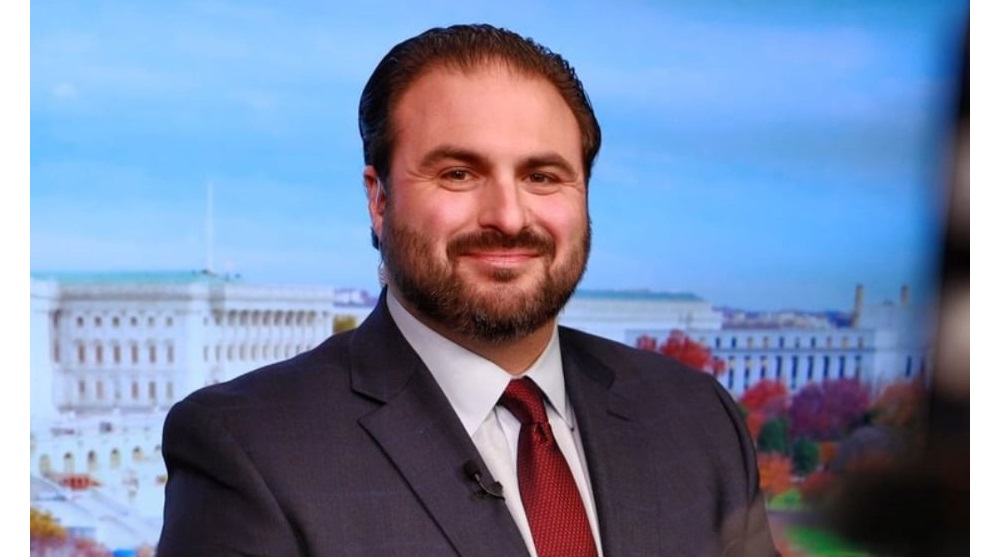
‘This move makes a lot of sense to me. Germany has embraced radical leftist policies that weaken Western security and they support the continued war between Russia and Ukraine. Meanwhile, Hungary stands for protecting borders, projecting strength, and traditional values,’ Bryan Leib wrote on X in response to reports that President Trump is considering relocating the 35,000 US soldiers stationed in Germany.

Hungary has strengthened its military officer training with advanced simulators and an extended reality (XR) laboratory, enhancing preparation for future defence challenges. The innovation supports skills development and research at the National University of Public Service.
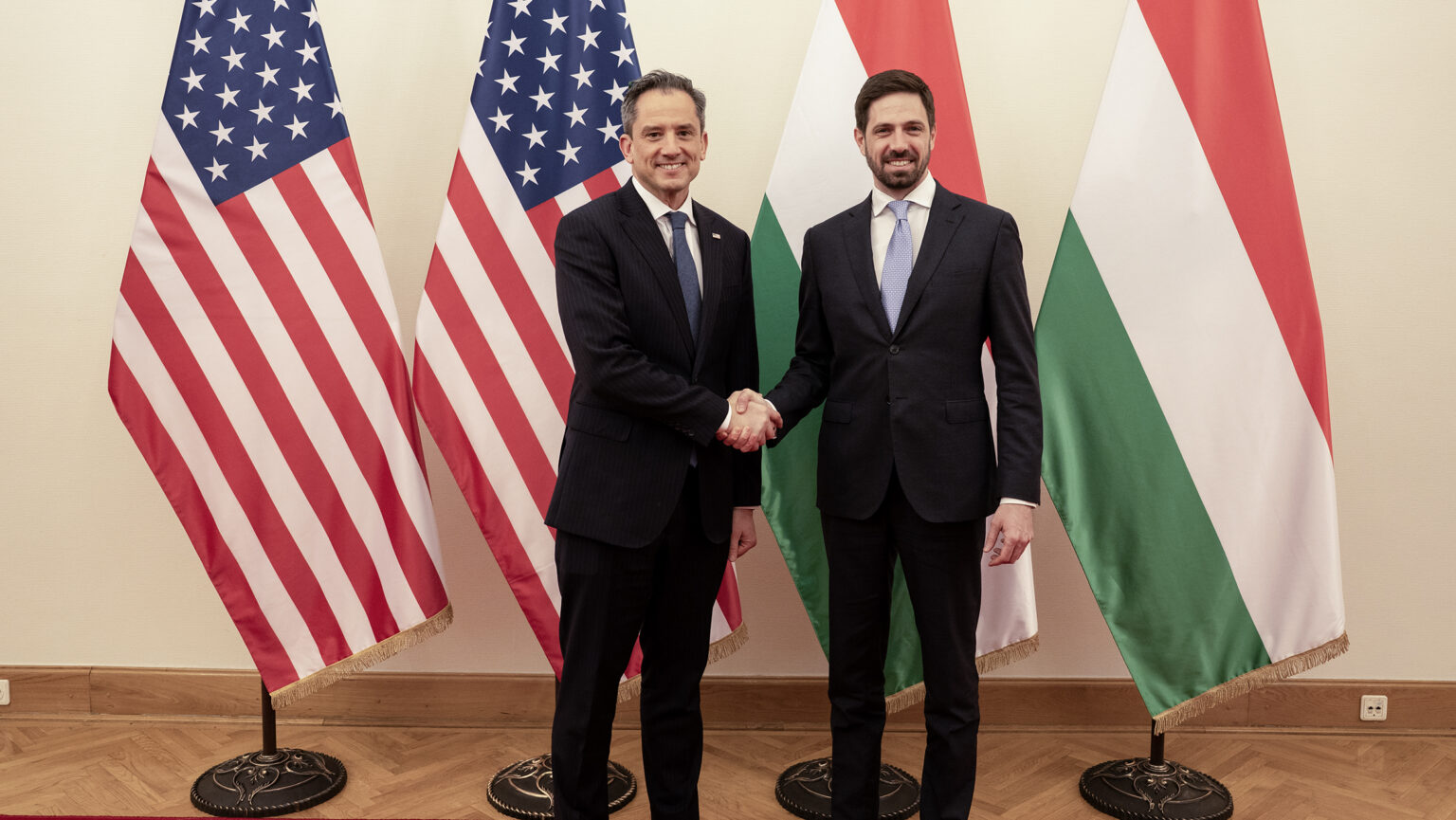
Appointed last week, interim Chargé d’Affaires Robert Palladino was received by Deputy Minister of Foreign Affairs and Trade Levente Magyar on Tuesday to discuss the future of Hungary–US relations. The senior US diplomat also met with American and Hungarian business leaders, emphasizing the promising prospects for economic partnership.

Hungary has launched a 15 billion forint programme to strengthen SME workforce skills, focusing on digitization and AI readiness. The initiative supports both training and wage subsidies, aiming to enhance export capabilities and bolster the domestic economy.
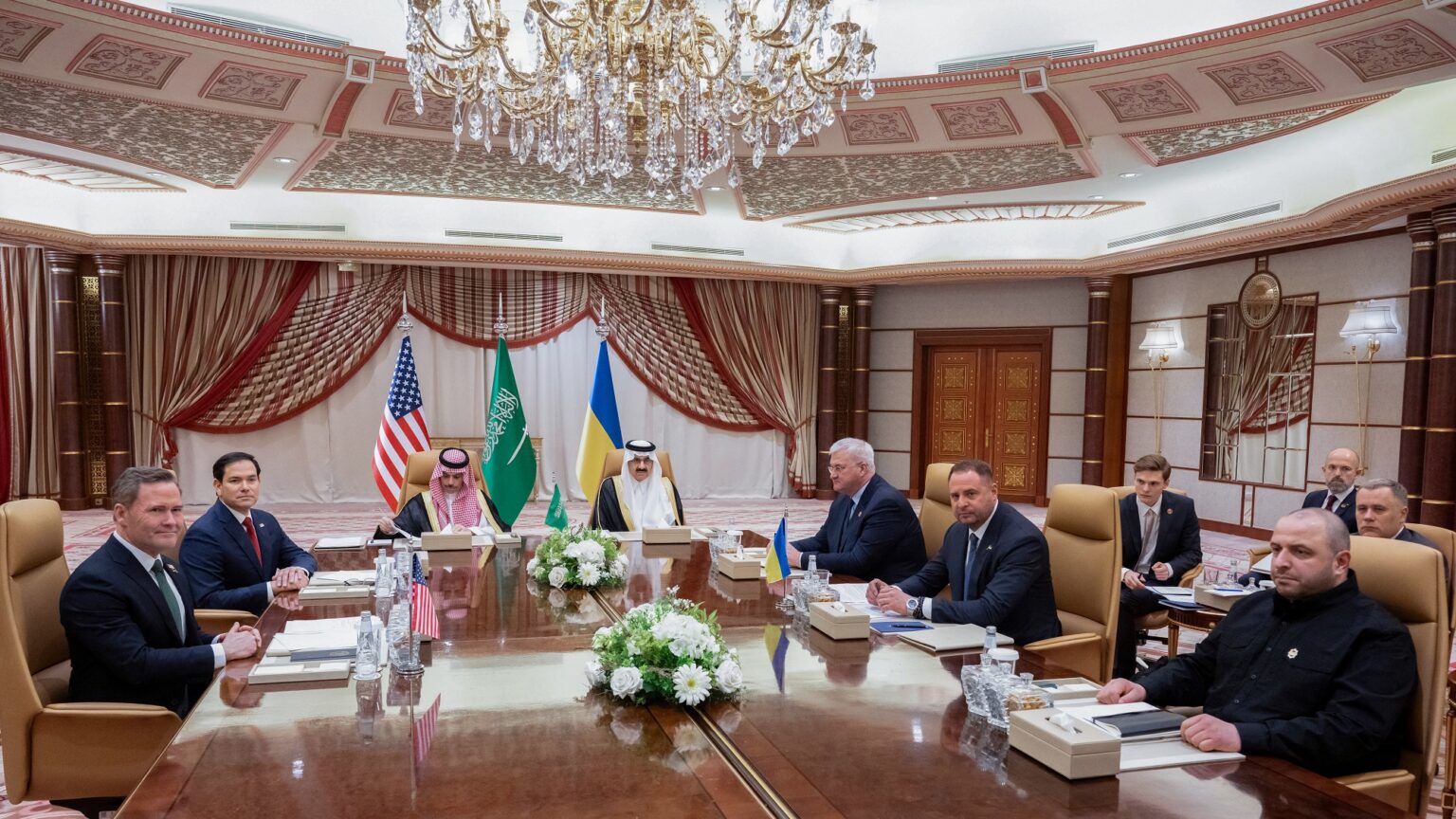
After meeting in Jeddah, Saudi Arabia, the American and Ukrainian delegations have announced in a joint statement issued through the US State Department that Ukraine is ready to accept an immediate 30-day ceasefire with Russia. ‘The ball is now in Russia’s court,’ US Secretary of State Marco Rubio told reporters after the meeting.

The EU is increasing its number of peacekeepers stationed in Bosnia and Herzegovina as tensions rise at an alarming pace in the Western Balkans. Sarajevo accuses Bosnian Serb leader Milorad Dodik of undermining the country’s constitution following a series of legislative moves after his conviction by a federal court last week. A close ally of Dodik, Viktor Orbán and Hungary now find themselves at the centre of these tensions, locked in a sharp diplomatic standoff with Bosnia.
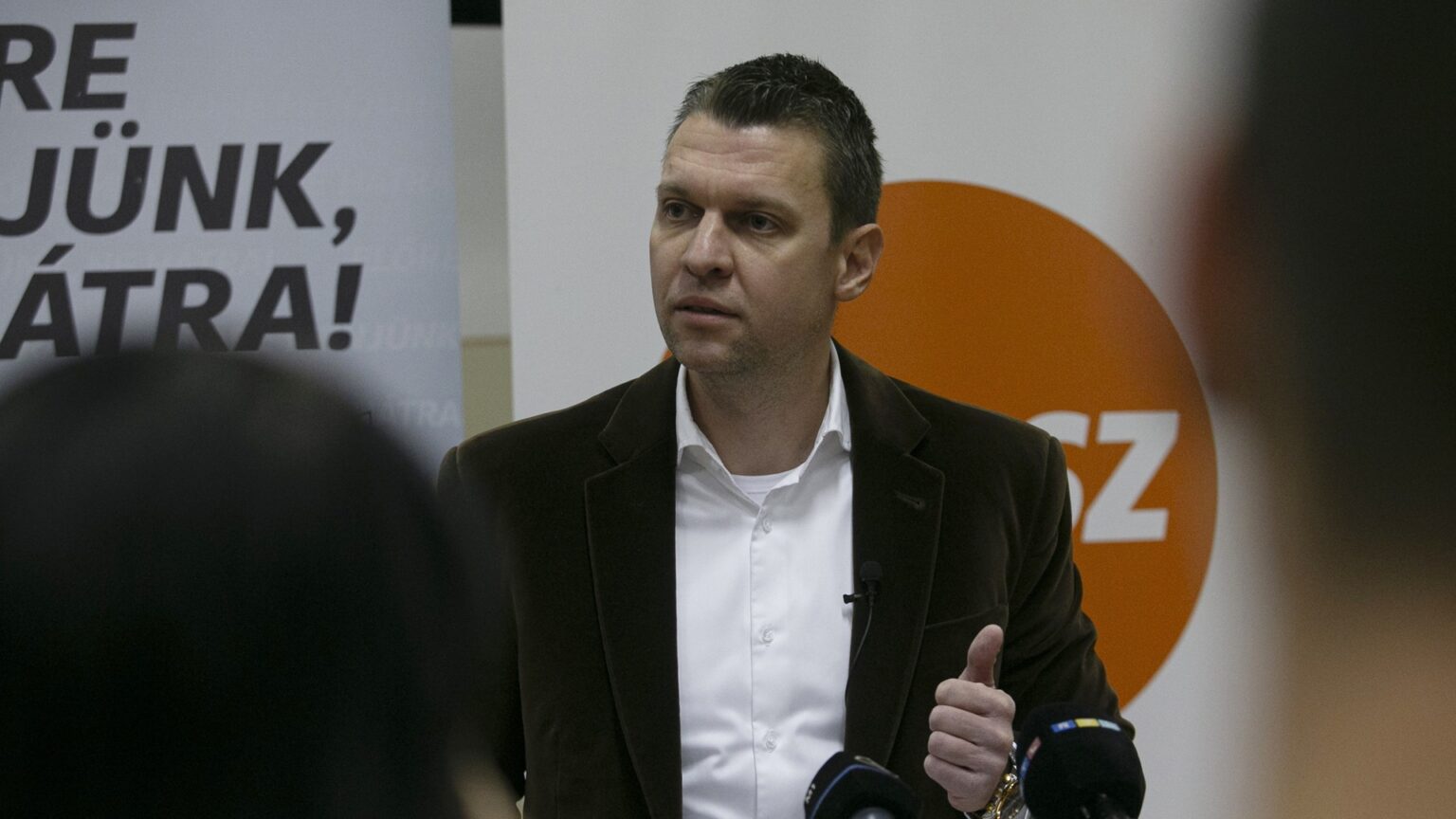
‘What I see, and what I hope for, is that peace is getting closer, because Donald Trump is doing what he said he would do. This is surprising in world politics, especially in European politics, and especially in Brussels,’ Menczer said on the TV programme Szigorlat on the opposition-aligned channel ATV.
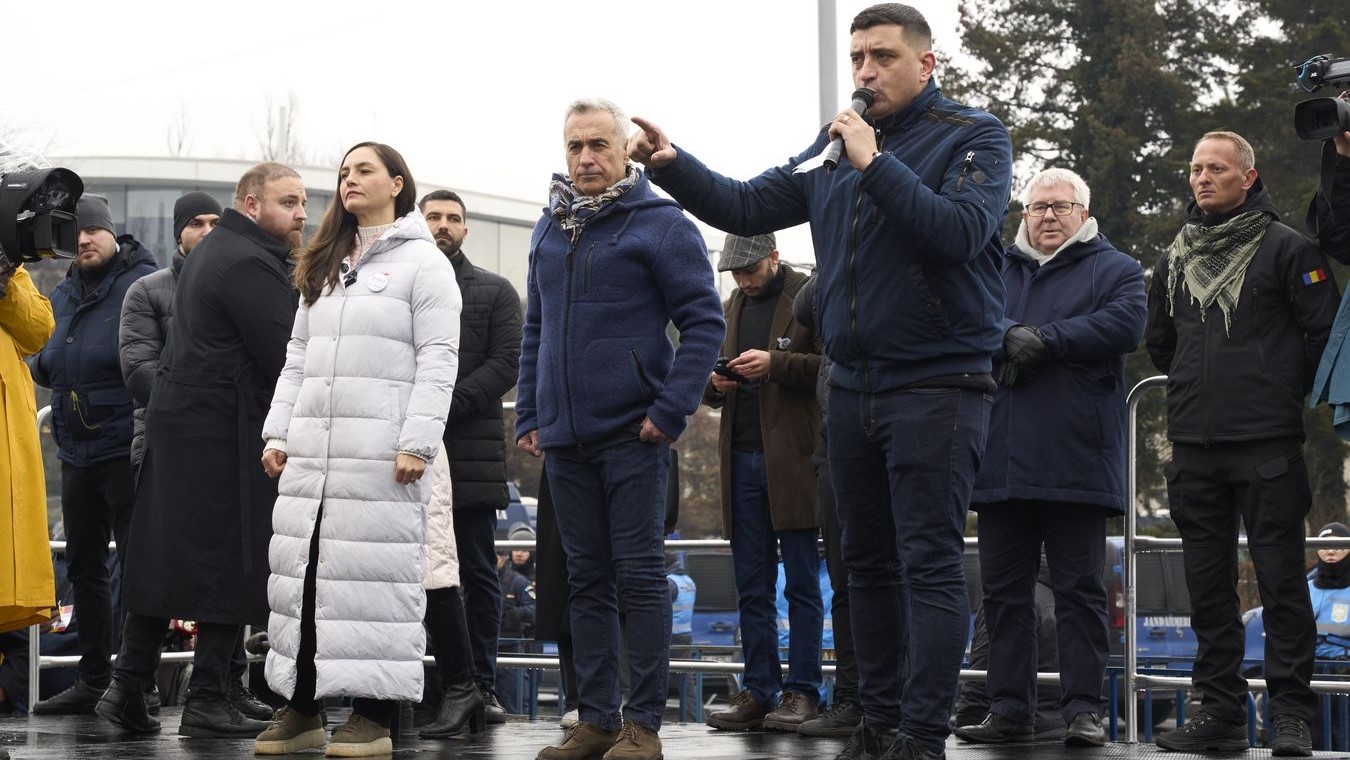
‘It’s a direct blow to the heart of world democracy! I have only one message: if democracy in Romania falls, the whole democratic world will fall! This is just the beginning—it’s that simple! Europe is now a dictatorship! Romania is under tyranny!’ leader of AUR George Simion told our site.

Hungary is introducing a price cap to combat unjustified food price hikes. Prime Minister Viktor Orbán announced that from mid-March, profit margins on 30 essential food items will be capped at 10 per cent, with measures in place until the end of May.
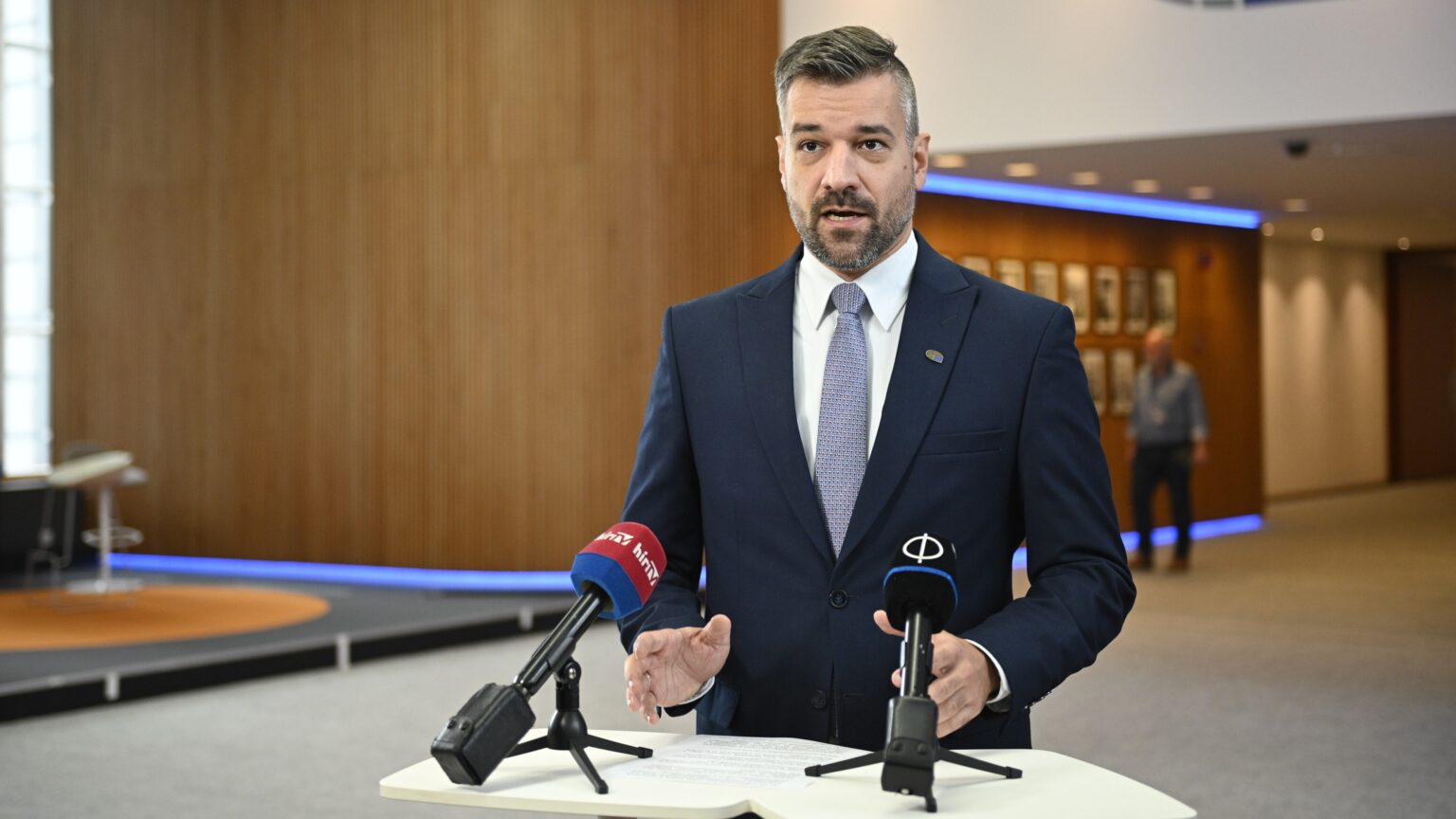
Hungary’s government is taking a firm stand to prevent foreign interference in its elections by exposing corruption networks linked to USAID funding. Commissioner András László stressed that based on US experiences and domestic practices, transparency must be restored to safeguard national sovereignty.
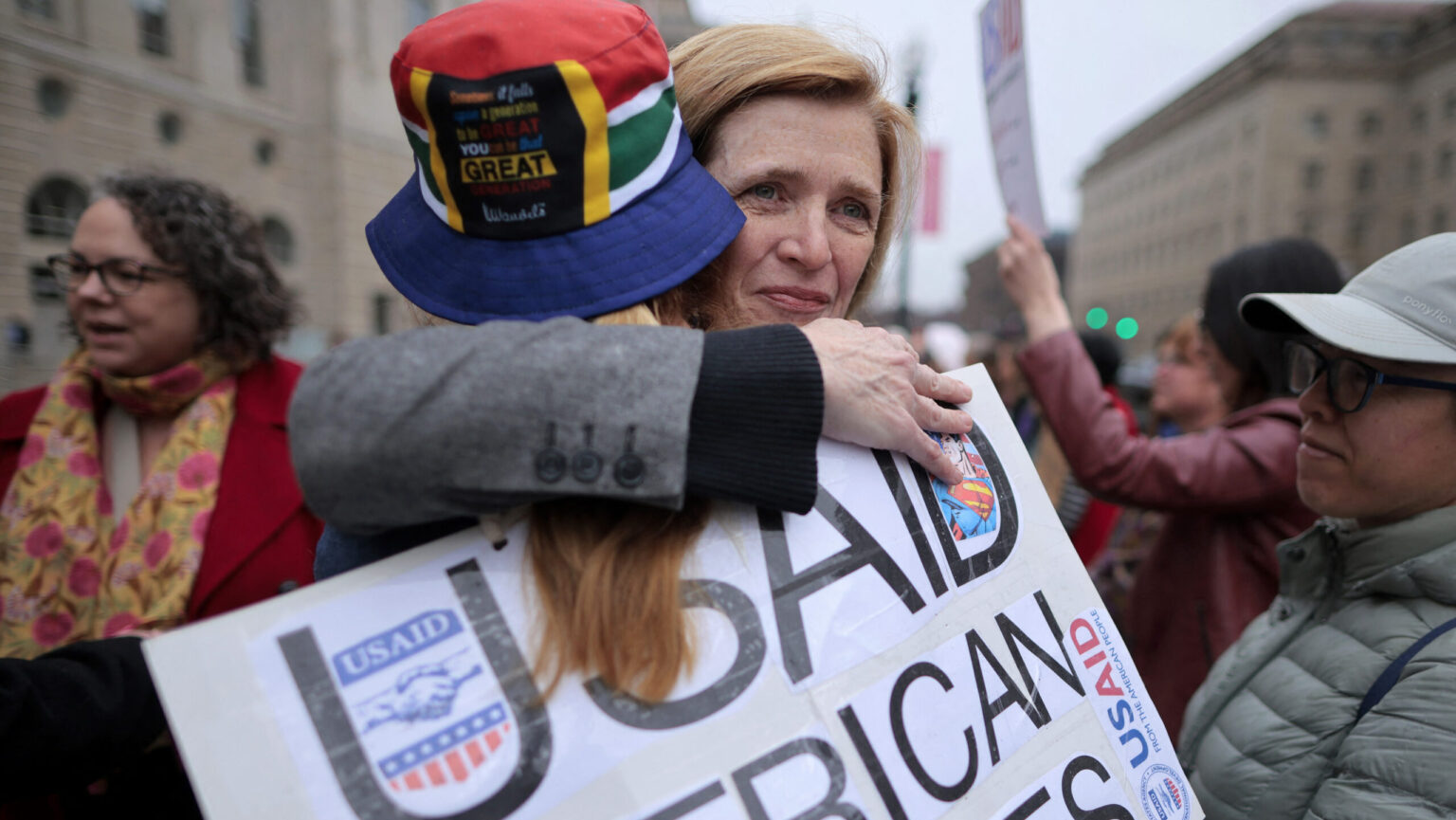
After Secretary of State Marco Rubio announced that the Trump administration is cancelling more than 80 per cent of USAID programmes, the agency’s role as the funder of a vast globalist foreign influence network has effectively come to an end. However, the same forces are now regrouping in Brussels—and Hungary will be ready to confront them.
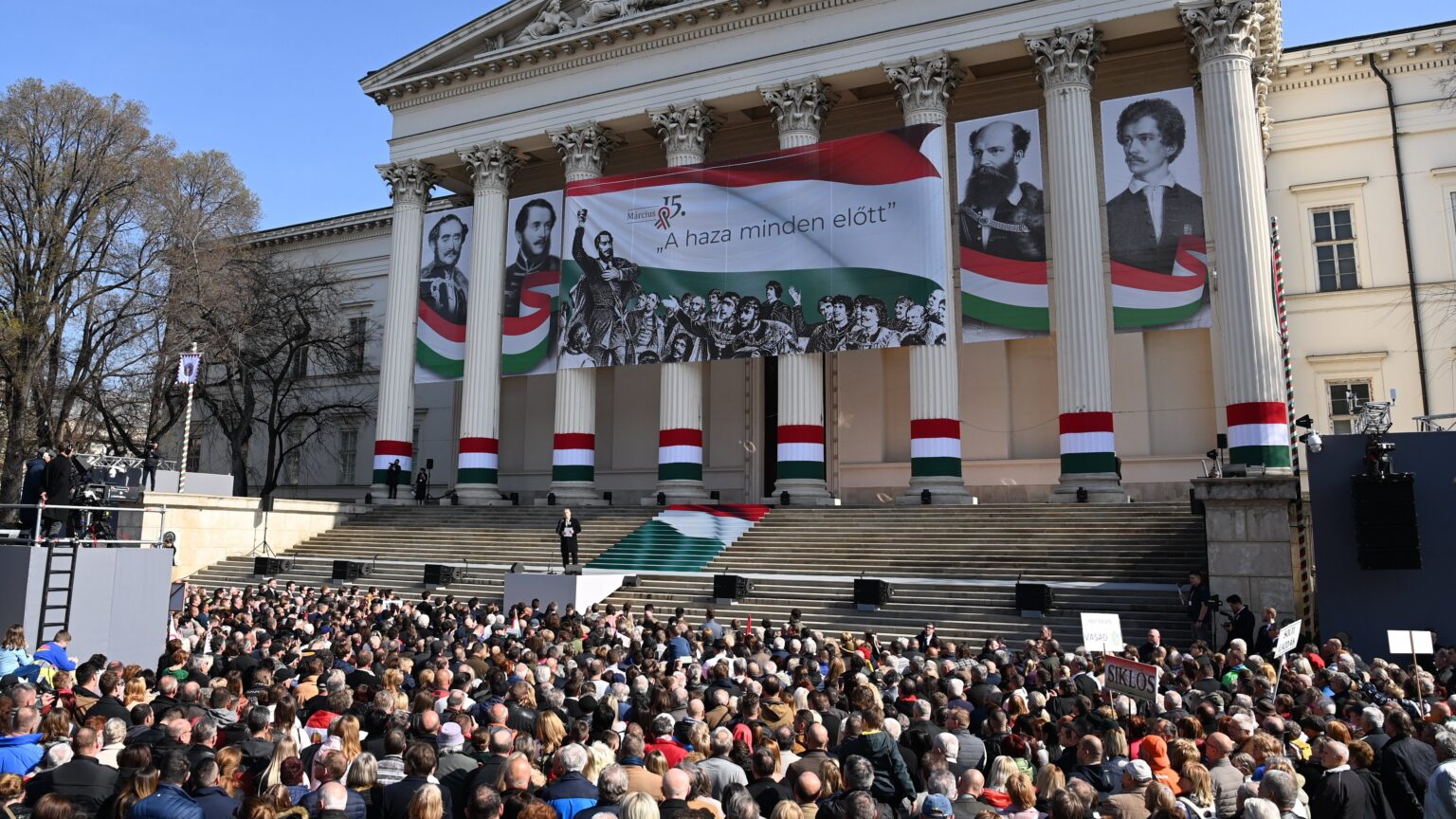
Hungarian Prime Minister Viktor Orbán will deliver a commemorative speech on 15 March at the Museum Garden of the Hungarian National Museum, marking the anniversary of the 1848–49 revolution. The national celebrations will include a series of events, historical exhibitions, and public ceremonies.

Donald Trump is reportedly considering relocating some 35,000 US soldiers from Germany to Hungary. Viktor Orbán has long advocated for strengthening European defence and establishing a joint European army, while also fully meeting Hungary’s NATO commitments on defence spending. At the same time, Hungary remains the only EU country that shares the United States’ position on Ukraine. But how likely is this plan to materialize?

The US Supreme Court ruled 9–0 in favour of Hungary in the case Republic of Hungary v Simon. 14 Holocaust survivors sued the Hungarian government and its railway company for damages for their property confiscated during World War II. However, the highest court in the US ruled that it lacks jurisdiction over the matter, as per the Foreign Sovereign Immunities Act of 1976.

Hungarian Conservative is a quarterly magazine on contemporary political, philosophical and cultural issues from a conservative perspective.